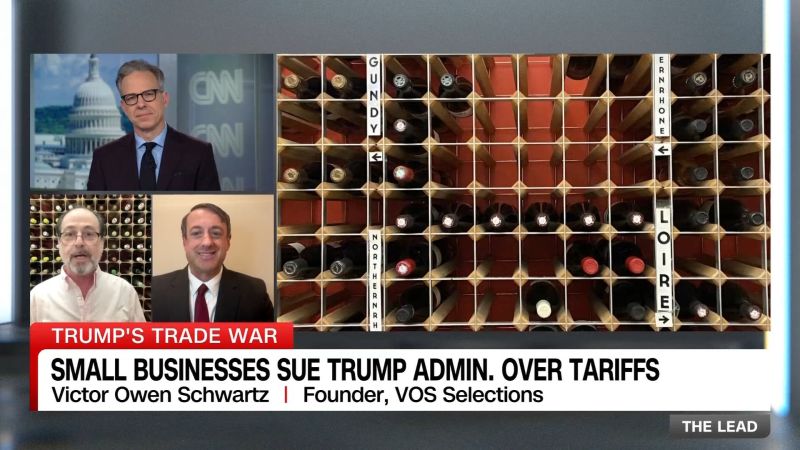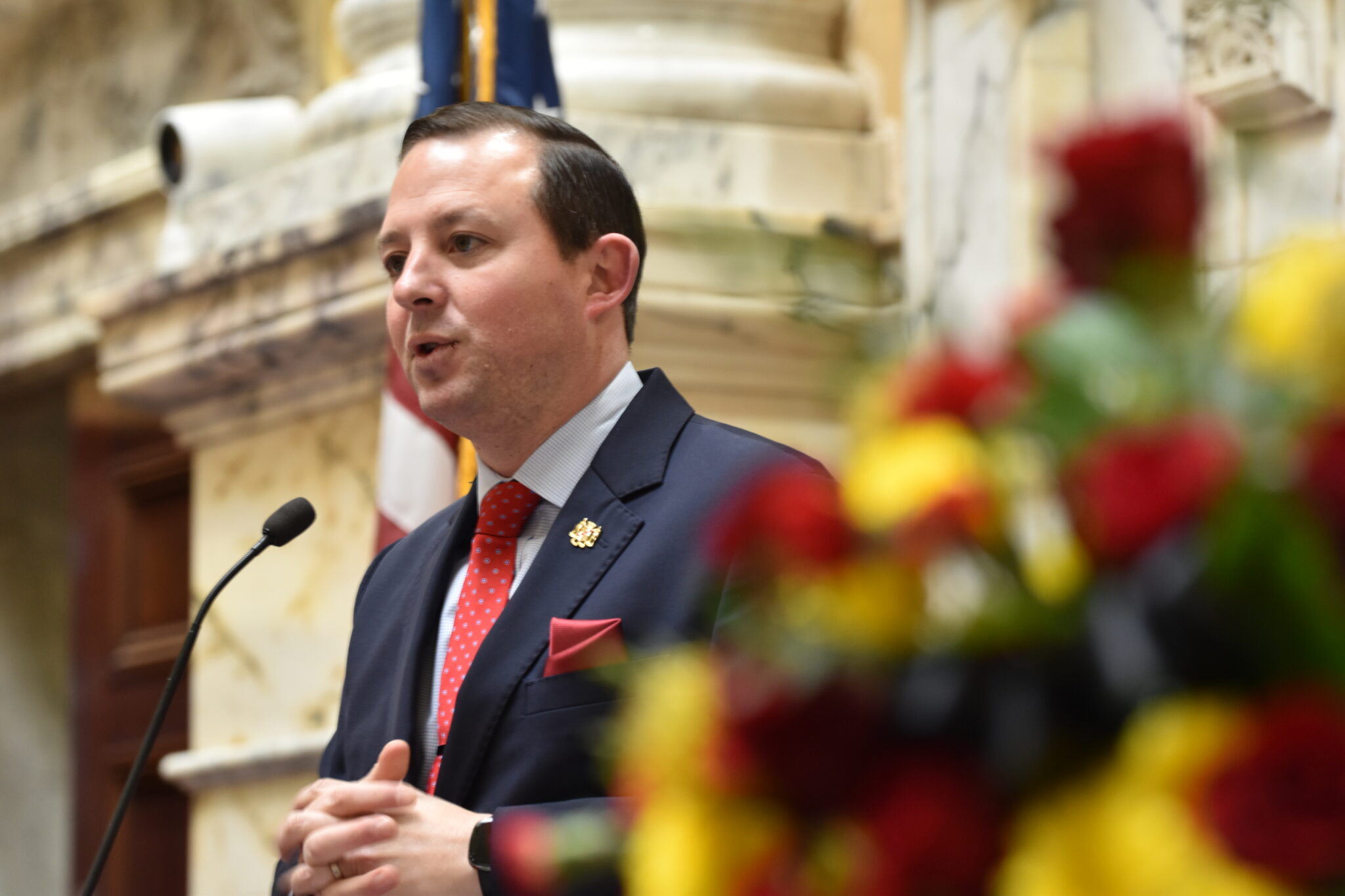Trade War Tensions: Swiss Business Leaders Blast Trump's 'Reckless' Tariff Assault
Business
2025-04-03 05:50:20Content

Switzerland's leading business association has strongly condemned the recent U.S. tariffs on Swiss imports, calling them both unwarranted and potentially damaging to international trade relations. The criticism comes as the Swiss government emphasizes the critical importance of adhering to international trade laws and principles.
President Donald Trump's latest trade move imposes a steep 31% tariff on Swiss imports, significantly higher than the 20% levied on European Union goods and 10% on British products. In response, Economiesuisse, the country's prominent business lobby, has argued that these tariffs lack any rational justification.
The organization pointedly highlighted that Switzerland has already taken proactive steps to facilitate fair trade by eliminating industrial tariffs at the beginning of 2024. Furthermore, they noted that Switzerland's existing import tariffs are already lower than those of the United States, making the new punitive measures appear even more arbitrary and unjustified.
This escalation in trade tensions underscores the ongoing complexities of international economic relationships and the potential economic consequences of unilateral trade actions.
Trade Tensions Escalate: Switzerland Challenges US Tariff Bombshell
In the complex landscape of international trade relations, a new chapter of economic friction has emerged as the United States imposes controversial tariffs on Swiss imports, sparking widespread debate and potential diplomatic repercussions across global economic platforms.Navigating Unprecedented Economic Challenges in Global Trade Dynamics
The Tariff Landscape: Unpacking US Trade Policy Complexities
The recent tariff implementation by the United States represents a significant escalation in international economic tensions, targeting Switzerland with unprecedented trade restrictions. President Donald Trump's administration has strategically positioned these tariffs as a mechanism to reshape global trade dynamics, imposing a substantial 31% levy on Swiss imports. This aggressive economic maneuver stands in stark contrast to tariff rates applied to other international trading partners, including a 20% rate for European Union nations and a 10% rate for British imports. The complexity of these trade policies reveals a nuanced approach to international economic diplomacy, where geopolitical considerations intersect with strategic economic objectives. By implementing differential tariff rates, the United States signals a calculated approach to international trade negotiations, potentially leveraging economic pressure to achieve broader diplomatic goals.Switzerland's Economic Response: Diplomatic Precision and Strategic Resistance
Switzerland's primary business advocacy organization, Economiesuisse, has mounted a robust diplomatic and economic counterargument against the imposed tariffs. The organization's response highlights critical inconsistencies in the US trade policy, emphasizing Switzerland's proactive economic reforms and commitment to international trade standards. Notably, Switzerland has already undertaken significant economic reforms, including the complete elimination of industrial tariffs at the beginning of 2024. This strategic move demonstrates the nation's commitment to open and fair international trade practices. Furthermore, Swiss economic representatives have pointed out that their existing import tariff structures are already more favorable and less restrictive compared to the United States' current trade framework.Global Economic Implications: Beyond Bilateral Trade Tensions
The tariff controversy extends far beyond a simple bilateral dispute, representing a microcosm of broader global economic challenges. International trade experts suggest that such unilateral trade actions could potentially destabilize established economic relationships and create ripple effects across multiple international markets. The implementation of these tariffs raises critical questions about the future of international trade negotiations, multilateral economic cooperation, and the potential long-term consequences of protectionist economic policies. Economists are closely monitoring the situation, analyzing potential retaliatory measures and the broader geopolitical ramifications of such aggressive trade strategies.Legal and Diplomatic Dimensions of Trade Conflict
Switzerland's government has strategically emphasized the paramount importance of respecting international legal frameworks in trade relations. This diplomatic approach suggests a measured response to the US tariffs, focusing on legal and diplomatic channels to address potential trade inequities. The ongoing situation underscores the delicate balance between national economic interests and international trade regulations. By maintaining a principled stance and leveraging diplomatic expertise, Switzerland seeks to navigate these complex economic waters while preserving its reputation as a stable and reliable international trading partner.RELATED NEWS
Business

All-Star Weekend on Life Support: Can the NBA Revive Its Fading Spectacle?
2025-02-22 11:41:02
Business

Soft Pretzel Makers Squeezed: Trade Tariffs Crimp Small Business Margins
2025-04-09 10:03:15






